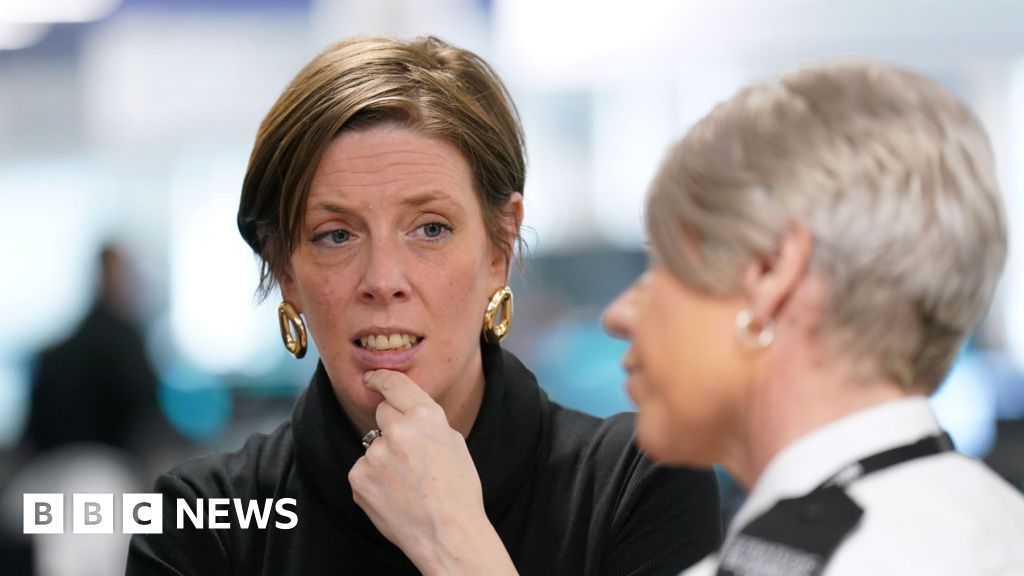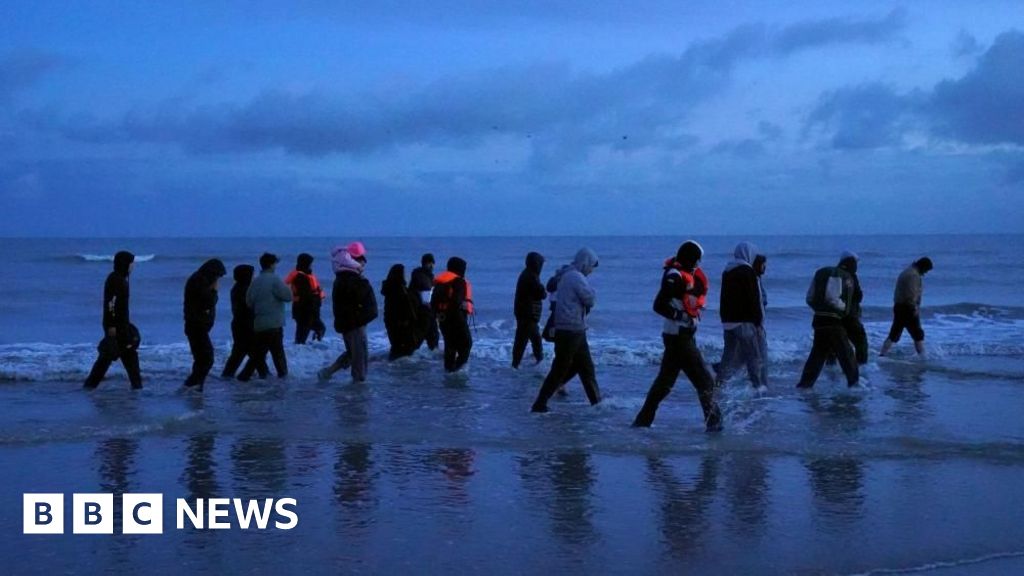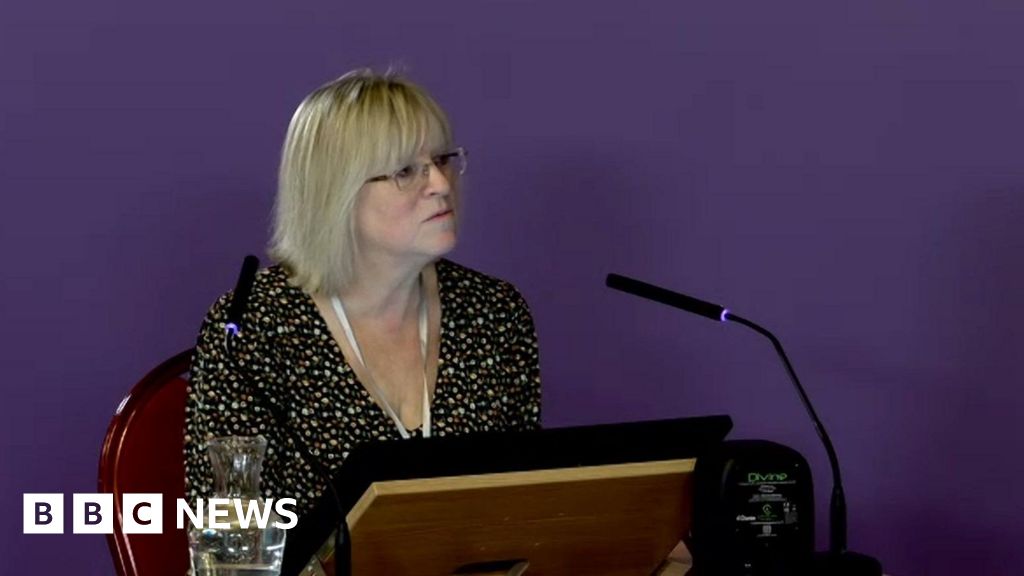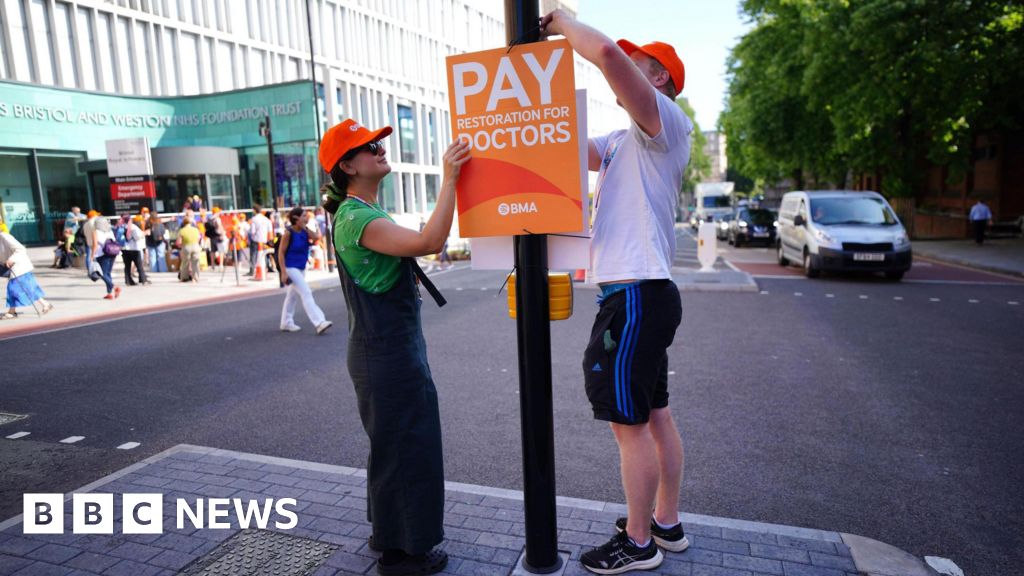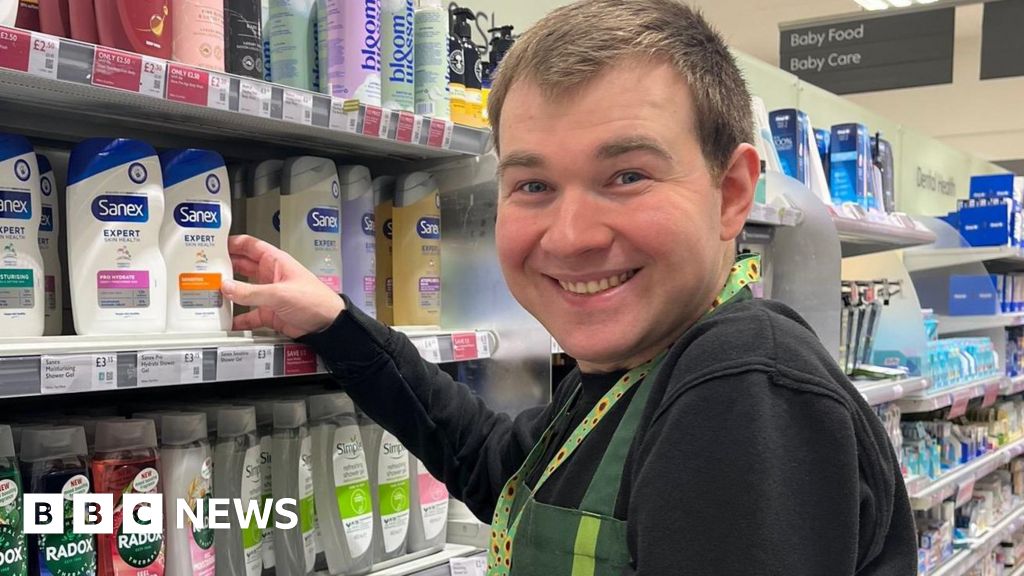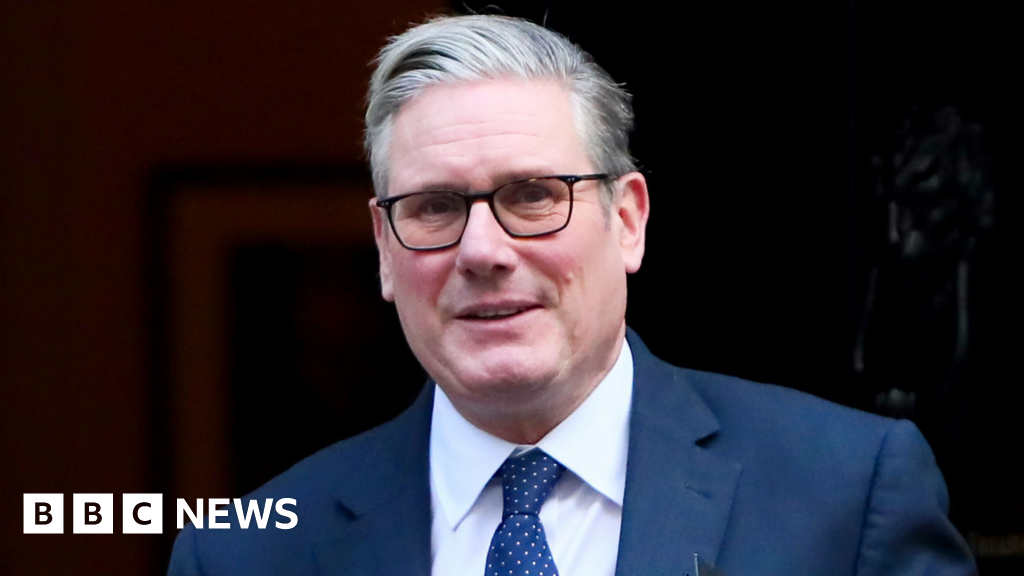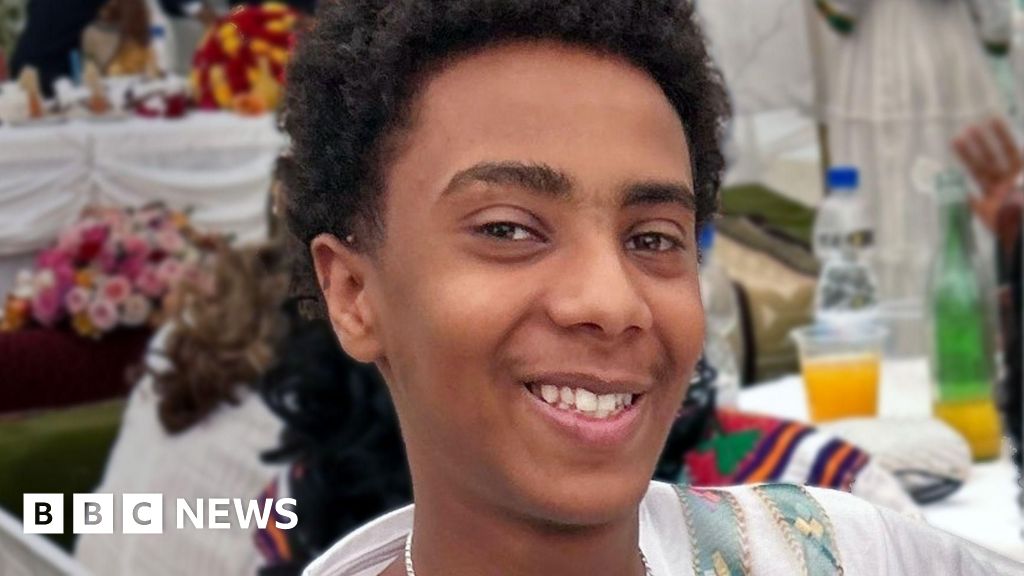Auto Amazon Links: No products found. Blocked by captcha.
The issue of grooming gangs in the UK has long been a contentious political topic, with complex dynamics surrounding ethnicity and race. Despite various local reviews and the Independent Inquiry into Child Sexual Abuse (IICSA), there is widespread acknowledgment that the specific issue of grooming gangs has not been adequately addressed. In response to this, Baroness Louise Casey proposed a national inquiry that would differ from previous approaches – forgoing a top-down judge-led process in favor of a series of localized investigations overseen by a national commission with statutory powers. However, even before the inquiry has kicked off, there are signs of turmoil.
The first point of contention revolves around the inquiry’s scope, with four survivors resigning from the consultation panel over concerns that the remit may be too broad. They fear that the investigation could expand beyond grooming gangs to encompass other forms of child sexual abuse and exploitation. Safeguarding Minister Jess Phillips has vehemently denied these claims, stating that there is no intention to dilute the focus of the inquiry beyond grooming gangs. Nevertheless, friction persists, with the survivors calling for Phillips’s resignation and expressing a sense of betrayal and disbelief at the government’s response.
In addition to disputes over the inquiry’s focus, disagreements have arisen regarding the selection of the inquiry’s chairperson. Some survivors advocate for a judge-led approach, while others oppose the appointment of someone with a background in policing or social work, citing potential conflicts of interest. The complexity of finding a suitable candidate underscores the challenges inherent in addressing systemic failures across various state agencies. Moreover, concerns have been raised about confidentiality agreements and feelings of silencing among survivors, underscoring the need for transparent and inclusive processes moving forward.
Despite these internal conflicts and uncertainties, the success of the national inquiry hinges on its ability to navigate these complexities while maintaining the trust and support of all stakeholders, especially the survivors who have long advocated for such an investigation. As the inquiry progresses, the task of balancing diverse perspectives and experiences will be instrumental in ensuring its credibility and effectiveness in addressing the longstanding issue of grooming gangs in the UK
Read the full article from The BBC here: Read More
Auto Amazon Links: No products found. Blocked by captcha.

